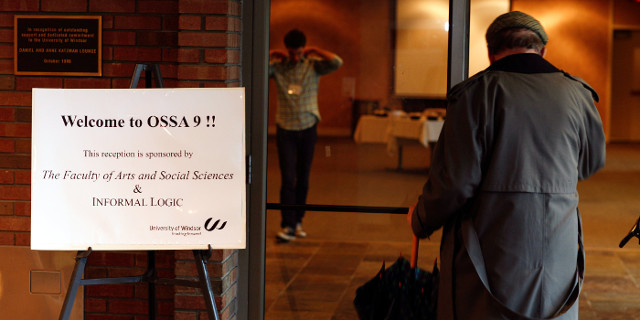
Location
University of Windsor
Document Type
Paper
Keywords
Assurance games, decision theory, Hobbes, prisoners’ dilemmas, public goods, Rousseau.
Start Date
18-5-2011 9:00 AM
End Date
21-5-2011 5:00 PM
Abstract
Many of the problems we face can usefully be modeled as prisoners’ dilemmas. All the standard game-theoretic solutions to prisoners’ dilemmas lead, in the real world, to assurance games. But too often some aspects of our social interaction are as much obscured by, as illuminated by, game theory. Removing some of the epistemic constraints often accepted by game theorists will enable us to distinguish between productive and destructive prisoners’ dilemmas. Doing so is an important step in understanding the nature of some of our social problems.
Creative Commons License

This work is licensed under a Creative Commons Attribution 4.0 International License.
Included in
Productive versus destructive cooperation
University of Windsor
Many of the problems we face can usefully be modeled as prisoners’ dilemmas. All the standard game-theoretic solutions to prisoners’ dilemmas lead, in the real world, to assurance games. But too often some aspects of our social interaction are as much obscured by, as illuminated by, game theory. Removing some of the epistemic constraints often accepted by game theorists will enable us to distinguish between productive and destructive prisoners’ dilemmas. Doing so is an important step in understanding the nature of some of our social problems.
